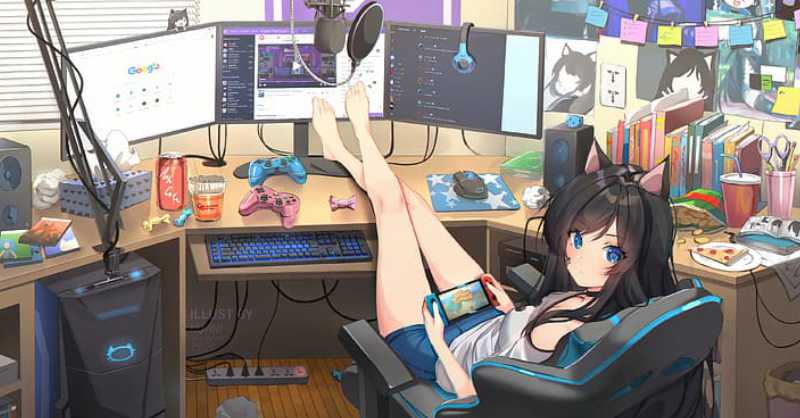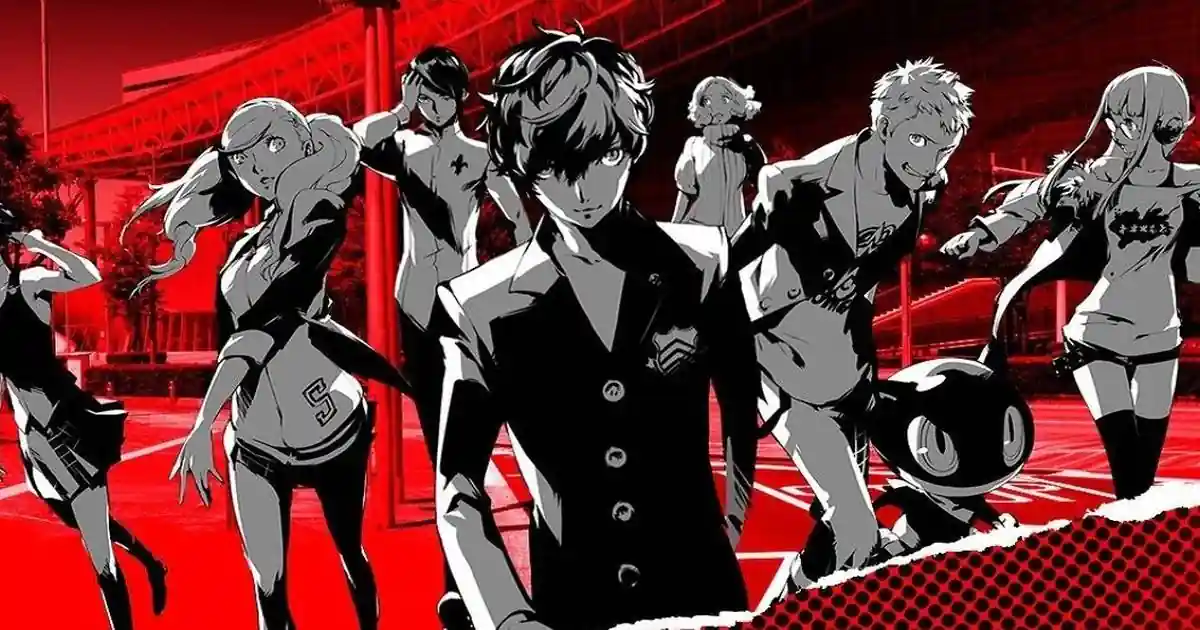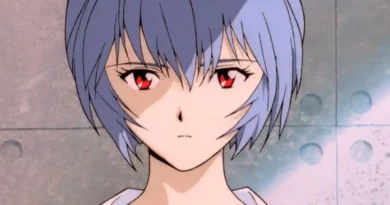Should YouTube and Twitch share revenue generated with game developers? Hiromichi Takahashi wish it that way

Should YouTube and Twitch share revenue with game developers? Hiromichi Takahashi is president of AMATA, a gaming company that has so far developed virtual reality games. Takahashi says YouTube and Twitch should share revenue with game developers.
He started by saying that YouTube and Twitch are able to detect which games are featured in videos posted and streamed on their platforms.
In 2019, Twitch acquired the Internet Game Database (IGDB), an online game database, which is used to gather data on game titles and genres.
YouTube also has a feature that detects the game being played in a video and automatically generates a link to the game in the video description.
Should YouTube and Twitch share revenue with game developers?
Takahashi claims that using these resources, a system should be introduced to distribute advertising revenue from video playback to game developers as well:
”Since it’s possible to detect which games are being streamed on YouTube and Twitch, I think game developers should also get a share of the revenue generated by playing videos and the like.
The fact that the music industry is doing it but the games industry isn’t really doesn’t sit well with me because it means they aren’t willing to give back to the developers. On a related note, Twitch operates igdb.com, which it uses as a game title database, and YouTube also automatically generates title links for game videos. That is, both platforms are able to identify the titles of the games presented in the videos”
ちなみにTwitchは、https://t.co/e19rt0k4Bh を運営していて、ゲームタイトルのデータベースとして使っている。YouTubeも、ゲーム動画には自動的にタイトルリンクが生成されている。両プラットフォームともに、ゲーム動画のタイトル識別までは出来てるという状態になっている。
— 高橋宏典/Hiromichi Takahashi@AMATA Games (@fura) April 27, 2023
Platforms and game sales losses
While he acknowledged that let’s play and live streams are a good way to promote games, Takahashi pointed out that some games have little benefit from them in terms of publicity.
He explained that for adventure games and other types of games that end up being consumed just by watching the video, it’s difficult to know how much the game is being promoted and how much it ends up being a lost opportunity.
That is, in the case of linear story-driven games, if people experience the entire story through a video, they are likely to lose their desire to buy and play the game. This means that there is a relatively high possibility of losing sales to potential customers.
To avoid such losses, streaming guidelines have been established for some games such as Tsukihime Remake where sharing much of the game is prohibited.

Other series like Persona also have guidelines regarding live streams and video content.

Takahashi expressed concern that if the current revenue sharing structure is maintained, the types of games that miss out on opportunities in this way may gradually stop being made. He also claims that this could lead to a loss of diversity in games.
Regardless, there are some systems that allow game developers to earn revenue from video content and live streams.
For example, Niconico has a system that allows users to specify the featured game when posting and streaming videos, offering incentives to game developers. PLAYISM, a publishing brand operated by Active Gaming Media, which owns this site, also works with Niconico in this way.
This type of system requires cooperation between the game developer and the video distribution platform, so whether a similar system can be implemented on YouTube and Twitch also depends on those parties.
Either way, there may continue to be calls to change the revenue sharing structure for game-related content on platforms like YouTube and Twitch.
Source: Automaton
Read More on Crazy for Anime Trivia
- See the illustrations of the alternative Oregairu endings in the new game
- Author of No Game No Life criticizes fans who only buy manga when the history is already finished
- Azur Lane is Censored in China after alleged Game Rival complaint



